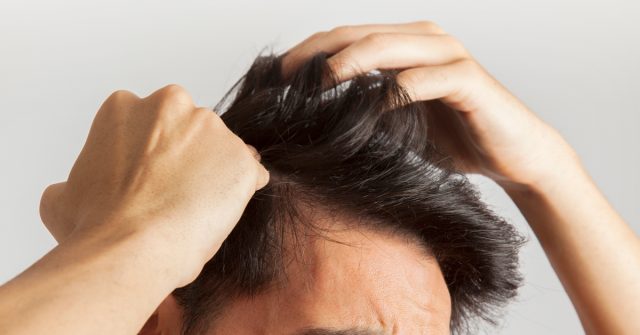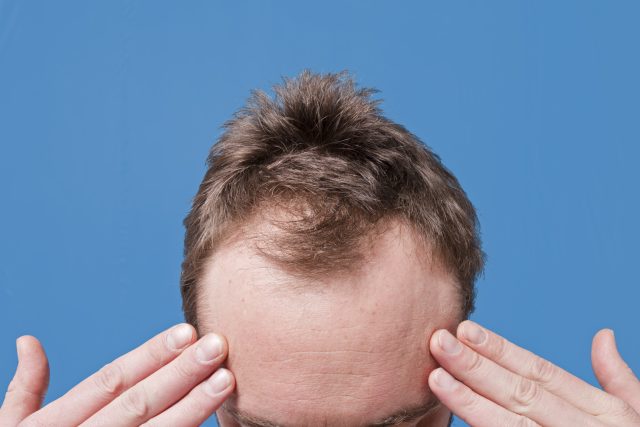Introduction
Sexual health and well-being is an essential aspect of overall health and quality of life for men. However, it’s not uncommon for men to experience challenges or concerns related to their sexual health. This article aims to shed light on common issues such as erectile dysfunction (ED) and low libido, exploring the physical and psychological factors that can affect sexual well-being. By fostering open conversations, debunking stigmas, and providing evidence-based strategies, we can support men in seeking appropriate care and nurturing their sexual well-being.
Understanding Erectile Dysfunction (ED)
Erectile dysfunction, often referred to as ED, is a common condition characterized by the inability to achieve or maintain an erection sufficient for sexual intercourse. It can be caused by various factors, including underlying medical conditions, psychological factors, lifestyle choices, or a combination of these. By understanding the potential causes, men can take proactive steps towards managing and treating ED.
Physical Factors
Certain physical conditions can contribute to the development of erectile dysfunction. These may include cardiovascular disease, diabetes, obesity, hormonal imbalances, or neurological disorders. It’s crucial for men to be aware of these underlying health conditions and consult with healthcare professionals to address them effectively.
Psychological Factors
Psychological factors such as stress, anxiety, depression, relationship issues, or performance anxiety can significantly impact sexual well-being. These factors can interfere with sexual arousal, desire, and confidence. Seeking professional help, such as therapy or counseling, can provide valuable support in addressing these psychological factors and restoring sexual well-being.
Low Libido
Low libido refers to a decrease in sexual desire or interest. It can be caused by a range of factors, including hormonal imbalances, stress, fatigue, relationship issues, or certain medications. It’s important to understand that experiencing fluctuations in libido is normal, but persistent or significant changes may warrant further attention. By addressing the underlying causes and exploring strategies to enhance libido, men can reclaim their sexual vitality.
Promoting Open Conversations and Reducing Stigma
One of the greatest barriers to seeking help for sexual concerns is the stigma surrounding these issues. Men may feel embarrassed, ashamed, or reluctant to discuss their sexual well-being openly. It’s essential to create a supportive and non-judgmental environment that encourages open conversations. By breaking down the stigma, men can feel empowered to seek appropriate care, knowing that they are not alone in their experiences.
Seeking Professional Help
When experiencing challenges with sexual well-being, it’s important for men to seek professional help. Healthcare providers, such as urologists or sexual health specialists, are trained to address these concerns and provide personalized guidance. They can conduct a thorough evaluation, offer appropriate treatment options, and help individuals navigate their sexual health journey.
Lifestyle Strategies for Sexual Well-being
In addition to seeking professional help, there are lifestyle strategies that can contribute to improved sexual well-being. These include:
- Maintaining a Healthy Lifestyle: Regular exercise, a balanced diet, adequate sleep, and managing stress can have a positive impact on overall health, including sexual well-being.
- Open Communication: Building healthy and open communication within intimate relationships is essential. Discussing desires, concerns, and expectations can foster understanding and create a supportive environment.
- Exploring Intimacy: Engaging in activities that enhance intimacy, such as non-sexual touch, emotional connection, or shared experiences, can promote overall sexual well-being.
- Educating Yourself: Staying informed about sexual health, including common concerns and available treatments, can empower men to make informed decisions and actively participate in their sexual well-being.
Conclusion
Sexual well-being is a vital aspect of men’s overall health and quality of life. By understanding common concerns such as erectile dysfunction and low libido, addressing the physical and psychological factors that impact sexual health, and promoting open conversations, we can support men in seeking appropriate care and nurturing their sexual well-being. Remember, seeking help is a sign of strength, and by taking proactive steps, men can reclaim their sexual vitality and enhance their overall well-being.
References
- Ministry of Health. (2019). Sexual and Reproductive Health: A Guide for New Zealanders. Retrieved from https://www.health.govt.nz/system/files/documents/publications/sexual-reproductive-health-guide-for-nzers-feb19.pdf
- New Zealand Sexual Health Society. (n.d.). Sexual Health Information. Retrieved from https://www.nzshs.org/
- Depression.org.nz. (n.d.). Sexual Problems in Men. Retrieved from https://depression.org.nz/is-it-depression-anxiety/help-for-men/sexual-problems/

Dr Afraz Adam
Chief Medical Officer
MBBS. FRNZCUC





